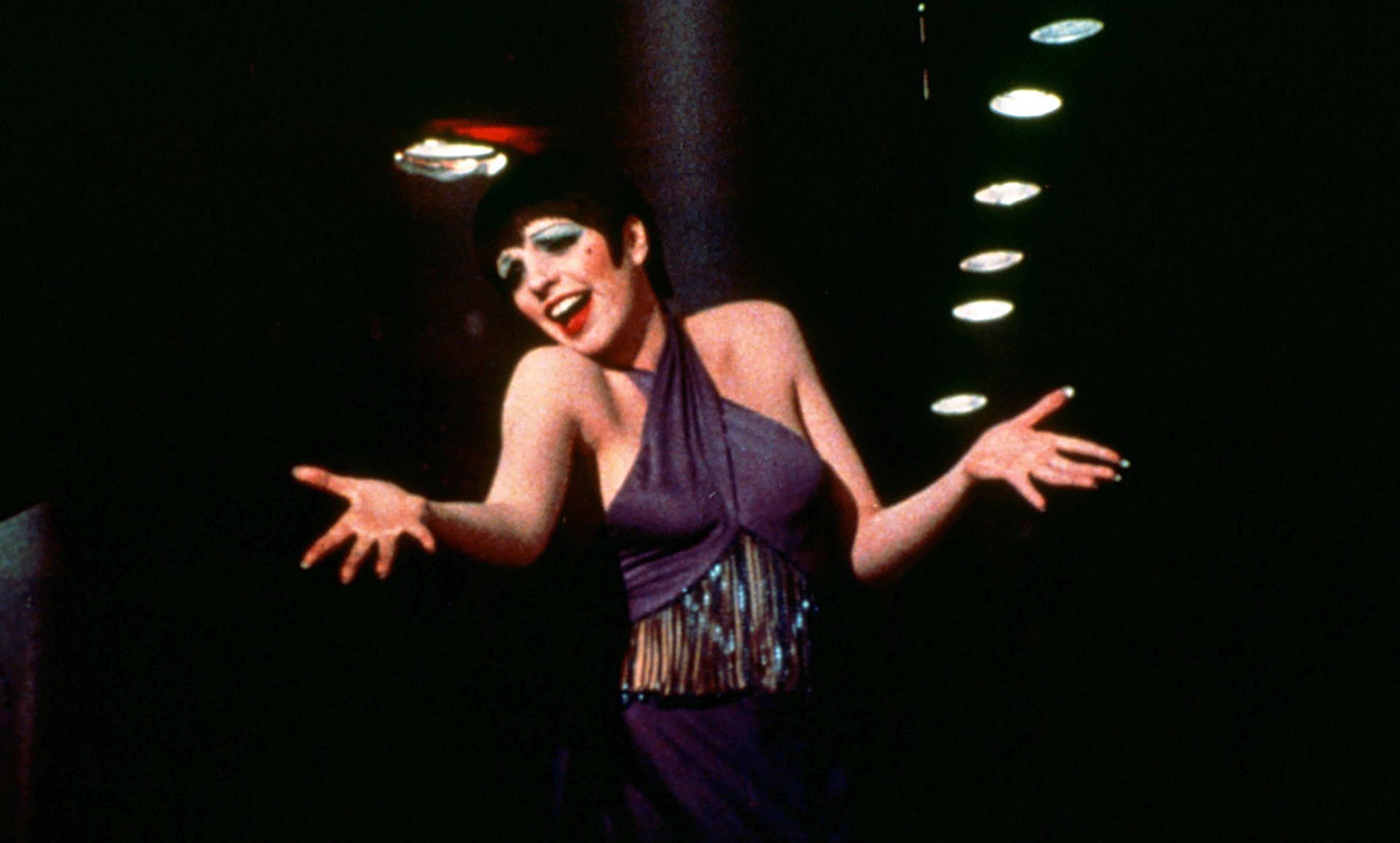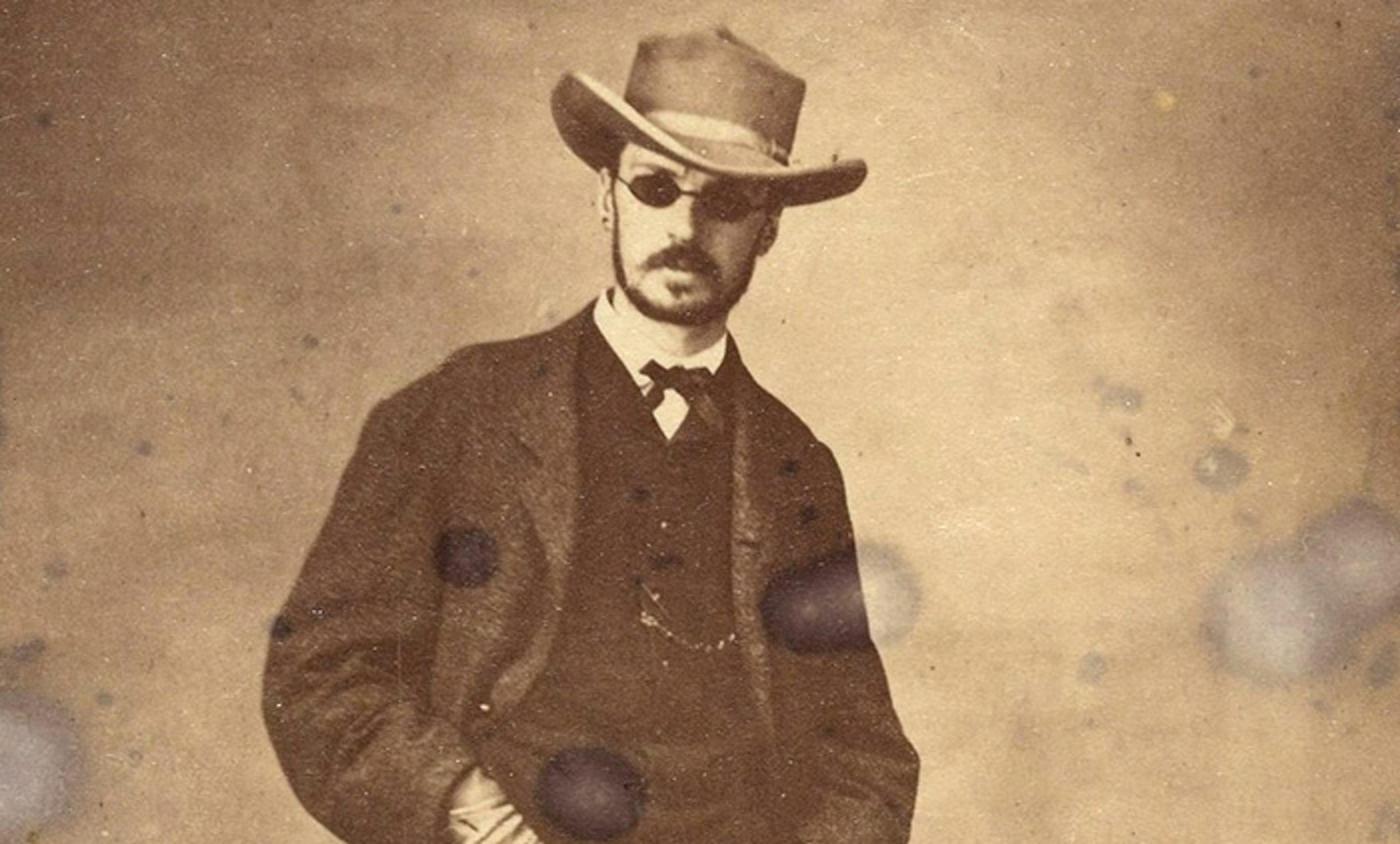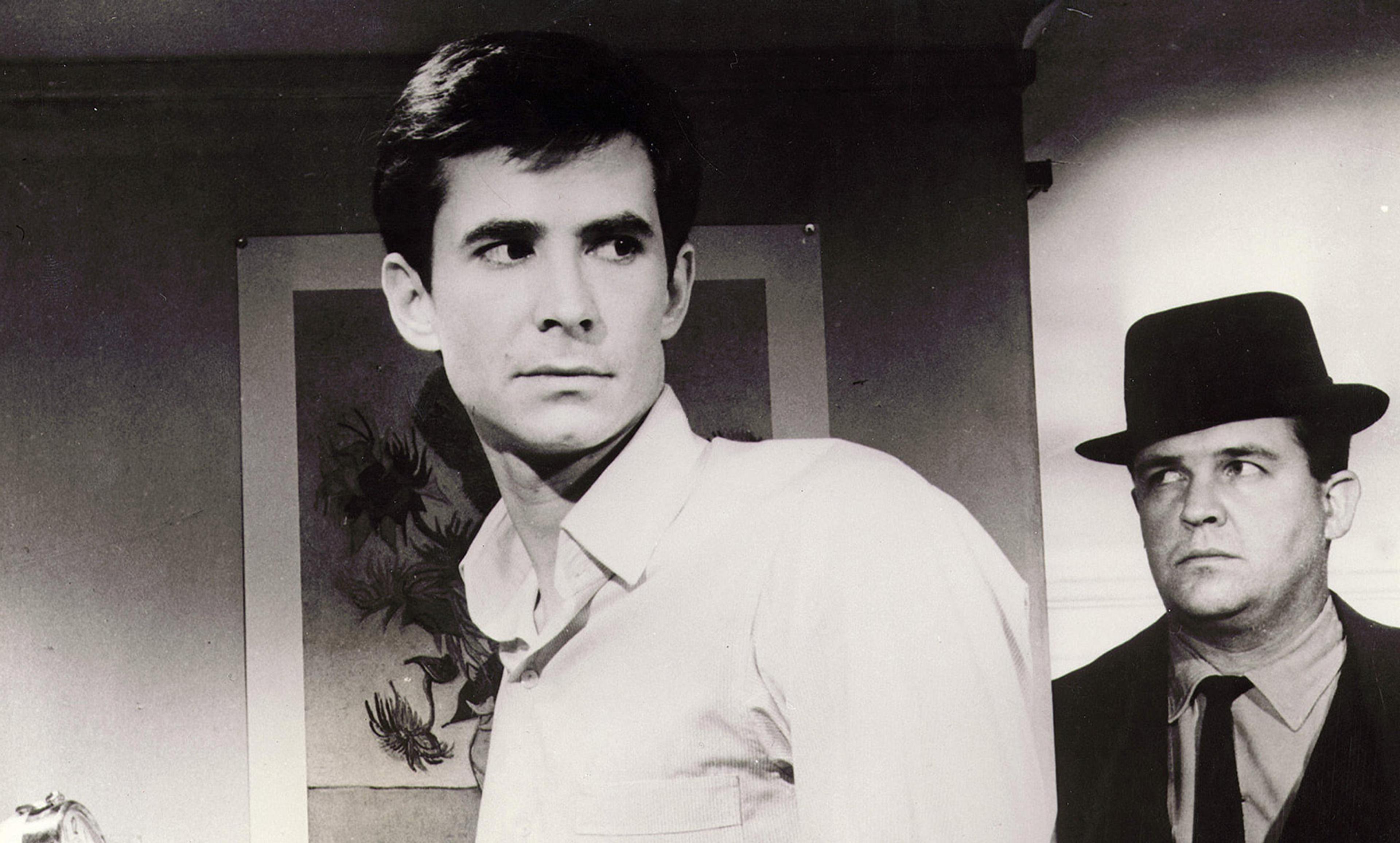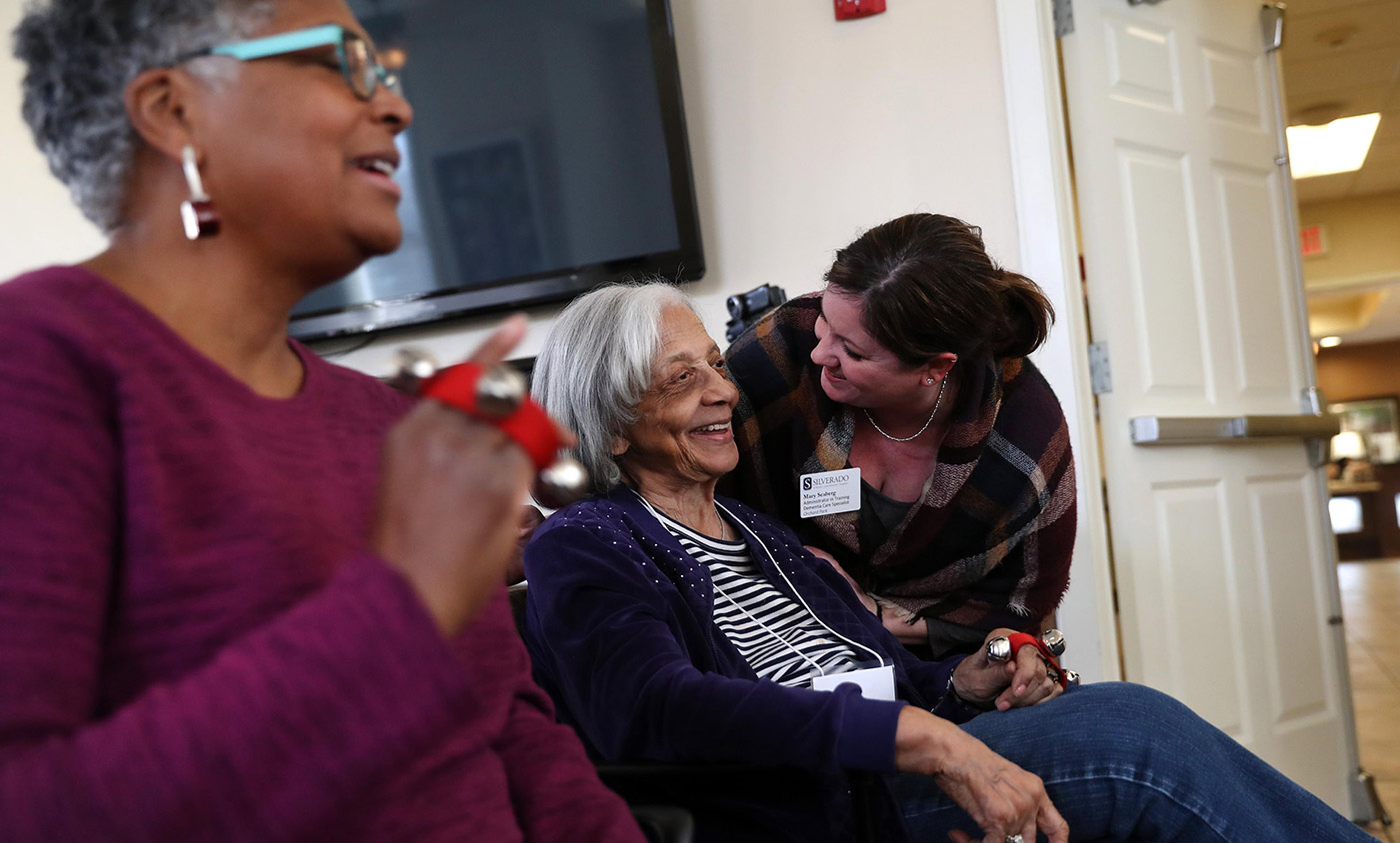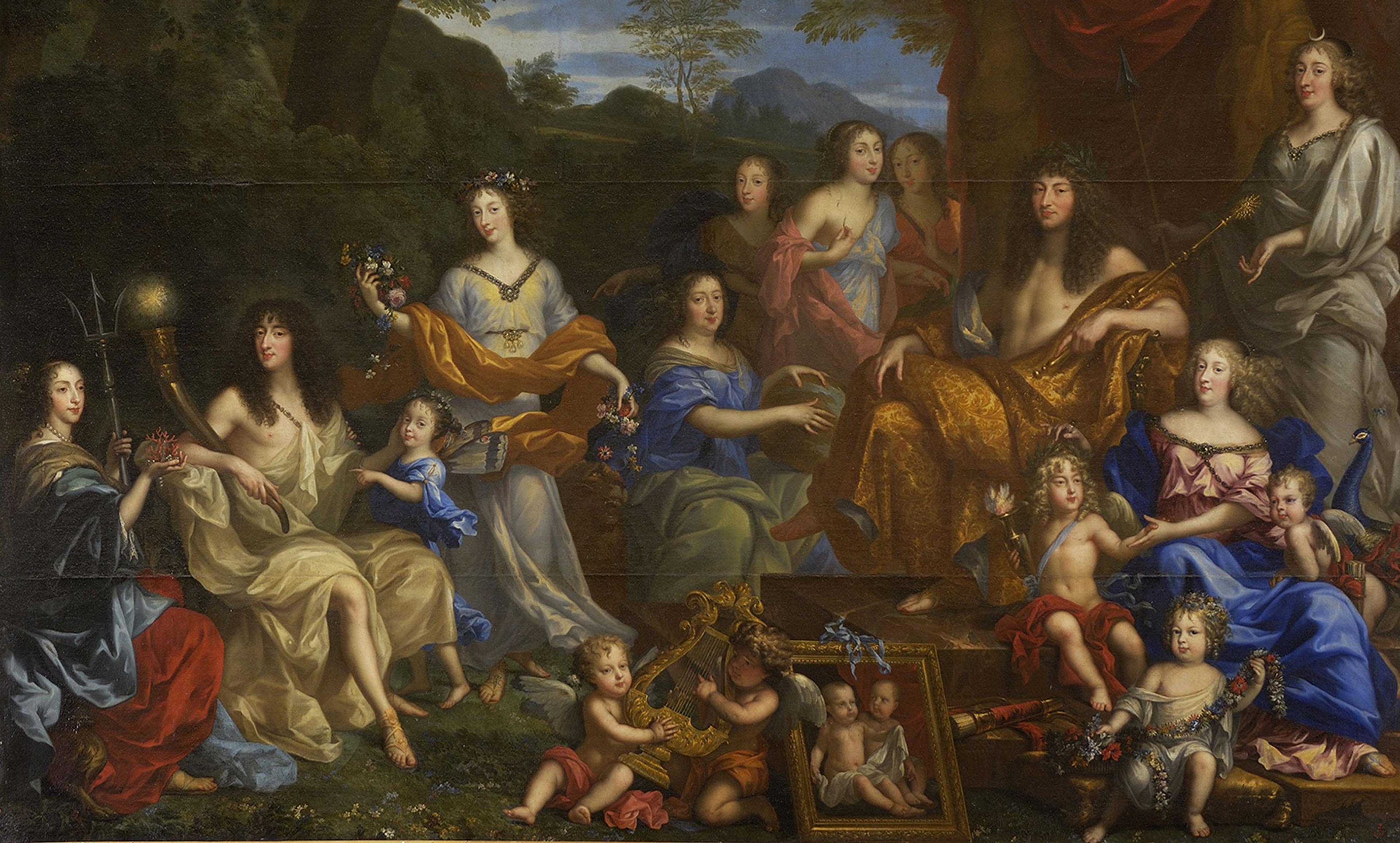Liza Minelli in Bob Fosse’s ‘Cabaret’. Photo courtesy Warners Home Video
Before 8 November 2016, I thought it was okay to stretch the truth in storytelling, especially if you were trying to be funny. Now, I’m not sure.
TrueStory was my Match.com handle. I don’t remember Victoria’s handle; what I remember is her picture. She’s wearing drag-queen quantities of makeup: gold swathes across her eyelids, blush from cheekbone to temple, and fuck-me red lipstick. She’s leaning forward, her white, fitted shirt is unbuttoned way down, and she’s squeezing her boobs together with her arms to exaggerate her cleavage. She looks like a hoochie mama.
When I tell people about the pictures, and I love to tell people, Victoria says the pictures aren’t like that. She says I’m exaggerating. But that’s the way I saw them.
I’m a storyteller. For nine years, I produced a literary event in Miami called Lip Service, where I told true stories in front of a live audience. Victoria never read my stories before I told them on stage. This helped our relationship. It relieved us of dealing with her opinion before it was too late.
When Victoria and I got serious, she set up one stipulation. ‘Tell stories about whatever you want,’ she said, ‘but please don’t reveal details about our sex life.’
The one about the time Victoria and I went to a tantric sex retreat felt like a close call, so before I told it out loud, I did what I’d never done before: I read it to Victoria.
The story is about how I masked my fear of intimacy by being a clown. When we did our homework – naked Tai Chi – we stood facing each other, thrusting our pelvises forward and back. We had our elbows in, hands out to the sides. I added jazz hands.
I got through the entire thing, including the description of the vagina massage, without a single reaction from Victoria. I looked up.
Victoria said: ‘That’s not true.’
‘What?’
‘You didn’t add jazz hands. The guy from Seattle added jazz hands.’
I said: ‘But I would have added jazz hands, if I had thought of it.’
‘You can’t say something that isn’t true.’
I said: ‘But it’s true I was making fun of the exercise.’
The accusation that I lied didn’t bother me at the time, but since the line was stolen, I emailed the guy from Seattle. I wrote: ‘Remember how you added jazz hands to the Tai Chi moves? I’m writing a story and I think it’s better, for the sake of the story, to write “I added jazz hands” rather than “the guy from Seattle told us during group share-time that he added jazz hands”. Do you mind if I steal that line?’
The guy from Seattle wrote back: ‘Okay by this Bob Fosse.’
Actually, what he wrote was: ‘Okay by this jazzerciser.’ I changed it because you don’t do jazz hands in jazzercise. Bob Fosse, on the other hand, brings up the image of dancers in tap shoes and top hats and leg warmers pulled over their knees, which was more the image I was after.
I didn’t ask the guy from Seattle if he minded that I changed his response because I’m pretty sure he wouldn’t mind me making him sound more clever and interesting than he actually was. Isn’t that what storytellers do: take everyday boring things, including ourselves, and add jazz hands?
Before 8 November 2016, I lived by the writing credo I’d learned 15 years ago from my first memoir-writing teacher, Terrie Silverman: ‘Don’t let the facts get in the way of the truth.’ I understood that to mean it’s okay to exaggerate or change little facts for the sake of a bigger emotional truth. Say you’re writing a story that includes a memory of how your partner’s picture looked when you first saw it, several years ago. The picture, if you looked at it today, might factually be slightly different than you remember it. Maybe, the cleavage would be less bulbous, and maybe the facial expression would look less whorish. But, if you’re making the point that you saw it a certain way, then the facts of the picture might get in the way of the truth of your memory.
I also understood that if jazz hands perfectly expressed my emotional state during my tantric sex retreat, then it was okay to add them to my story.
I know this conversation isn’t new. There’s the case of the writer James Frey who stretched the truth in his ‘memoir’ A Million Little Pieces (2003) and was accused of breaking the pact – that what’s being shared in memoir is true.
I honour this pact. Or I thought I did. But jazz hands?
Before 8 November 2016, I would have argued that while there is an expectation of truth in memoir, there’s also an understanding between storyteller and storytellee that takes into account exaggeration. Like there’s an unspoken wink storytellers use to get away with hyperbole. But now, I think it’s important to ask if the role of storyteller has changed. Do we need to be more vigilant about sticking to the facts?
I used to think that there was truth and lies, and that people could tell the difference. When Bill Clinton said he ‘did not have sexual relations with that woman’, the facts were brought to light by sperm on a dress. The slippery slope of dishonesty has steepened since then, especially in politics, to a culture of lies and a nation no longer surprised. At our family Hanukkah party, right after the election, my dad and I were talking about how easy it seems to get people to believe a lie. ‘You just have to say it enough,’ he said. A few minutes later, we opened gifts. I had gotten him wine glasses with our last name, ‘Askowitz’ engraved into each one. He opened the box and said: ‘You misspelled Askowitz.’
When my brother opened his engraved wine glasses, my dad said: ‘She misspelled Askowitz.’ When my uncle opened his, my dad said it again.
‘Let me see those glasses,’ I said, because now I wasn’t sure. Had I misspelled my own name and then misread it when I checked?
My dad handed me a glass, laughing. And there it was: ‘Askowitz’, spelled correctly. A prank.
In a panic, I called Terrie, the writing teacher, to ask if she still preaches ‘Don’t let the facts get in the way of the truth’.
Terrie said: ‘I never said that. That doesn’t sound like me.’
I said: ‘But you said…’
She said: ‘I don’t disagree with that statement, but what I may have said was: “Truth is fiction because memory is subjective”.’
‘You said “Truth is fiction” and I turned that into a pithy quote by Terrie Silverman?’
‘Since we didn’t have a camera there, we don’t know.’
I said: ‘Oh no, are we in trouble?’
‘Not at all,’ she said. ‘This is exactly what we’re talking about. In the act of writing, we’re coming from our imagination to get to the truth. The quote, as you remember it, is true for you.’
When I confessed about my jazz hands, Terrie said jazz hands are totally fair game because they were used to get to my emotional truth.
This would have sounded good a year ago, but have our responsibilities as truth-tellers changed now, with all the lies coming our way?
‘Politics is not storytelling,’ Terrie said. ‘What matters is intention. The intention of the politician is to manipulate. The intention of the memoirist is always to get to his or her truth. That’s why we write.’
I got off the phone feeling ecstatic. Storytellers aren’t contributing to the culture of lies; we’re a refuge. Art is the only true place, and if anything has changed for storytellers because of the lying culture we’ve been thrust into lately, it’s that now, more than ever, we need jazz hands. And thank God, because it would be a lie to say I was going to stop using them.
